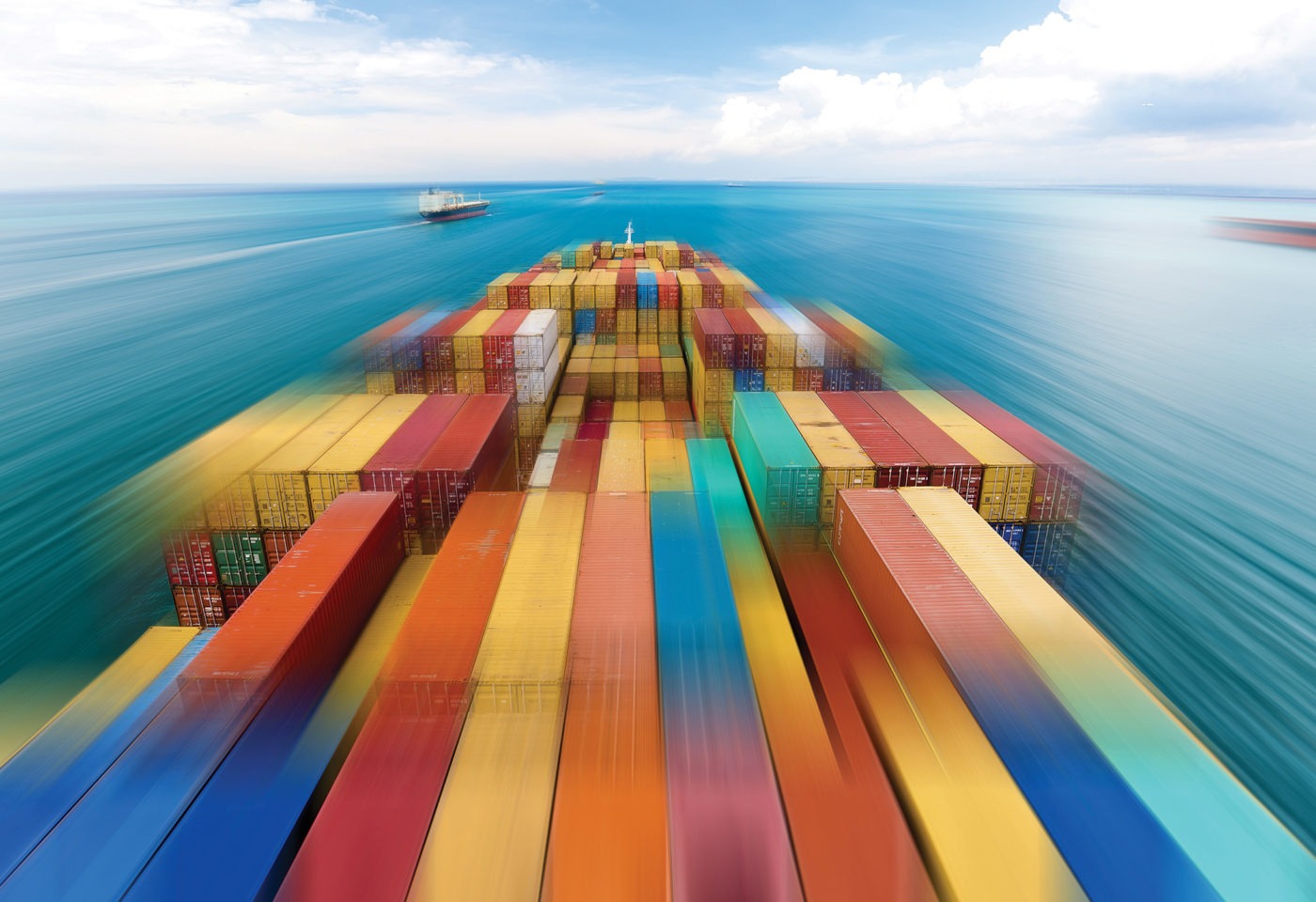By Carlo Dade
In the StarPhoenix
April 9, 2015
What do a new trade agreement between Canada and Korea, the drastic decline of global poverty, the rise of Saskatchewan exports and the purchase of Canada Bread by Mexican multinational Grupo Bimbo have in common?
The fact that a typical Canadian would struggle to see a link illustrates a general lack of awareness about major trade issues – a major problem for a country that is so export dependent. If Canadians cannot understand our export-for-prosperity ambitions, then we risk losing public support for such initiatives, as well as the sense of urgency needed to remove roadblocks to success.
The initiatives described above are tied to the global shift of consumption and purchasing power from the United States and Europe to Asia and Latin America. In this shift, the world is literally being turned upside down at a stunning rate. Our understanding of what is happening, however, has not kept pace.
At the beginning of this century, there were fewer than one billion people on the planet who could be considered middle class. This is defined as those with significant disposable income left over after covering life’s essentials – typically individuals earning $10-$100 US a day at purchasing power parity.
Today, there are close to two billion people who fit the definition, and by 2030 there will be close to five billion, or more than half of the world’s population.
To see how this is playing out, take the car business. As it turns out, that is exactly what China is doing. Ever since the Model T of the early 20th century, the U.S. has dominated auto production and purchasing. As recently as 2000, the U.S. had more than one-third of global auto sales and China barely one per cent. Yet, in 2009, China passed the U.S. as the world’s largest auto market and that trend is accelerating.
Or take our “other” neighbour to the south. In the 1950s, Mexico was more than 80 per cent poor and even when NAFTA was signed, more than half of that country lived in poverty.
Today, most of the country is middle class.
Or take Indonesia. By 2030, it is projected to have the same percentage of the world’s middle class as Japan.
This global shift is unprecedented. It is a story of poverty ceding to prosperity and an entire world of new opportunities opening for Canada.
It is not yet a story heard in most of Canada.
Instead of a compelling unified narrative, discussions in Canada often are a garbled mishmash of seemingly random events, loosely linked under vague, outdated terms such as “emerging markets,” and references to the BRIC countries (Brazil, Russia, India, China) and South Africa.
News coverage of Canada’s recent trade agreements gives the impression that each agreement is more important than the last, but none as important as the one about to be signed. What strategic sense is the public to find in negotiating with Japan at the same time as the Dominican Republic, or in signing with Honduras and then South Korea if each is presented in isolation? One can understand why the public is tuning out.
Trade experts in federal and provincial governments are frustrated that more Canadian businesses are not rushing to cash in. There are also growing worries about a lack of public support for trade with China and the Trans-Pacific Partnership (a proposed trade agreement of 12 countries, which includes such household names as Brunei, Dar es Salaam and Vietnam, but it is unclear whether Canada will be included).
Without appreciating what’s at stake, why would citizens be willing to pay for updating our infrastructure to move products to market or investing in trade missions and building foreign cultural competency?
Succeeding in this new world is not going to be easy. It won’t be accomplished with one trade agreement or trade mission. It will require sustained effort and investment. That effort and investment requires the whole of Canada to be onside. And that requires understanding the remarkable story of what is happening around the globe, and choosing to become part of the story.
Carlo Dade is the Director of the Centre for Trade & Investment policy at the Canada West Foundation.
